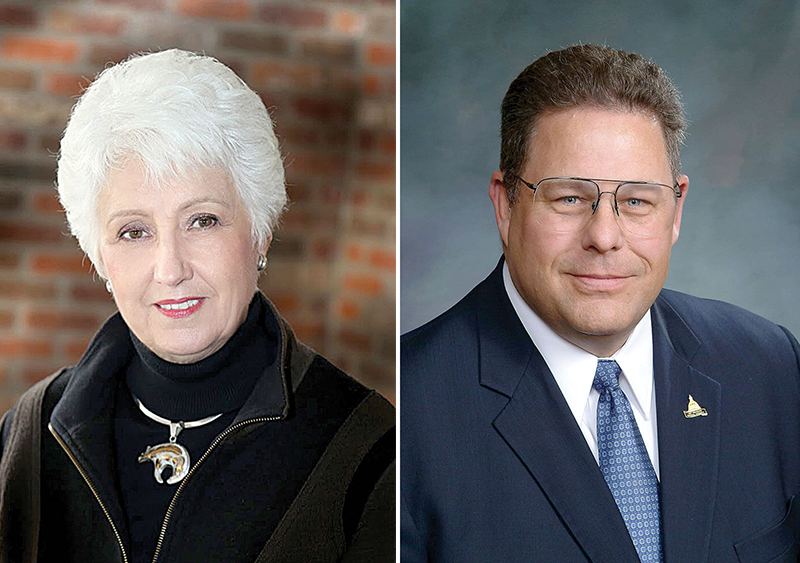Frequent collaborators ‘work well together’
by Eric Pereira/ content creator
The Colorado Wyoming Petroleum Marketers Association and Rocky Mountain Food Industry Association have announced plans to merge, although an official date hasn’t been set.
“For the past few years RMFIA and CWPMA have been working in partnership to cover all the issues and agencies in Colorado and Wyoming for our membership,” said Mary Lou Chapman, president of the Rocky Mountain Food Industry Association, which also covers both states.
“We have worked well together and are currently in the process of merging the two associations, while preserving the long history of RMFIA.”
Mark Larson, EVP of the CWPMA, confirmed that the merger is moving along.
“We understand that both boards of directors have approved the merge. We’re in a transition period of determining how to exchange database information…and working through how each entity will be represented, how the food industry will be represented on our boards,” he said.
“I’m hoping we’ll have something in place by the end of the year before we go into the budget session.”
This is a developing story with more details to come at theshelbyreport.com.
Supply chain
In general news, Larson spoke to Wyoming’s supply chain being in the same situation across the U.S., as there appears to be lags due to a shortage of truck drivers.
He mentioned that CWPMA has worked with the Department of Labor and was able to get training programs into community colleges.
“It’s a nationwide issue, especially the long-haul drivers that are home three and four days and that’s our food haulers. That’s a different environment,” he said.
“Petroleum marketers are not having quite as big a problem because their drivers are home every night…they go out, they make the deliveries and they may have to spend one night out very infrequently.”
Larson has noticed an increase in female truck drivers, however, shortages persist. “With so many of those ships sitting off the port, how are they going to get those to the distribution center to get it to the grocery stores?”
Focus on electric
Larson mentioned CWPMA is working with the state’s DOT, which is working in conjunction with the Wyoming Energy Authority. They are awaiting to see if the Infrastructure Investment and Jobs Act is approved.
“If that gets passed, Wyoming stands to benefit by 27 million electric vehicle charging stations. … we’re helping [WYDOT] understand that it’s not going to be like our current petroleum retailing, where anybody that needs gas has to come to us to get it.
“With electric vehicles, people need to recognize that the mass majority [90 percent] of those people will be charging at home…so, we’re working on an effective plan for traveling public to make sure that we have the forecourt designated for electric charging and kind of shake that out.”
Legislative victories
One of the key issues that will affect retail grocers from the state’s most recent legislative session concerns liability immunity, Larson said.
Known as Senate File 0019 from the 2020 Special Session, the legislature amended state law concerning immunity from liability during public health emergencies, according to a summary.
“This act further amends that immunity provision to provide that a person, entity or health care provider is immune from liability for damages in a claim concerning COVID-19 unless the person seeking damages proves gross negligence or willful misconduct,” it reads.
Larson considered this a “major win.”
“We helped form a coalition with the Wyoming Business Alliance and the retail industry. And we were able to get the strictest liability, immunity protections for business that we’ve seen in the country so far.”
Another significant piece of legislation he mentioned was House Bill 0009. Per a summary, it creates a short-time compensation program (also known as a work-sharing program) intended as an alternative to unemployment.
“Under this program, employers can voluntarily elect to establish a short-time compensation plan for their employees. Then, as an alternative to outright layoffs for employers experiencing a reduction in business, employees can receive short-time compensation (a percentage of their unemployment benefits) to replace the reduced hours.”

